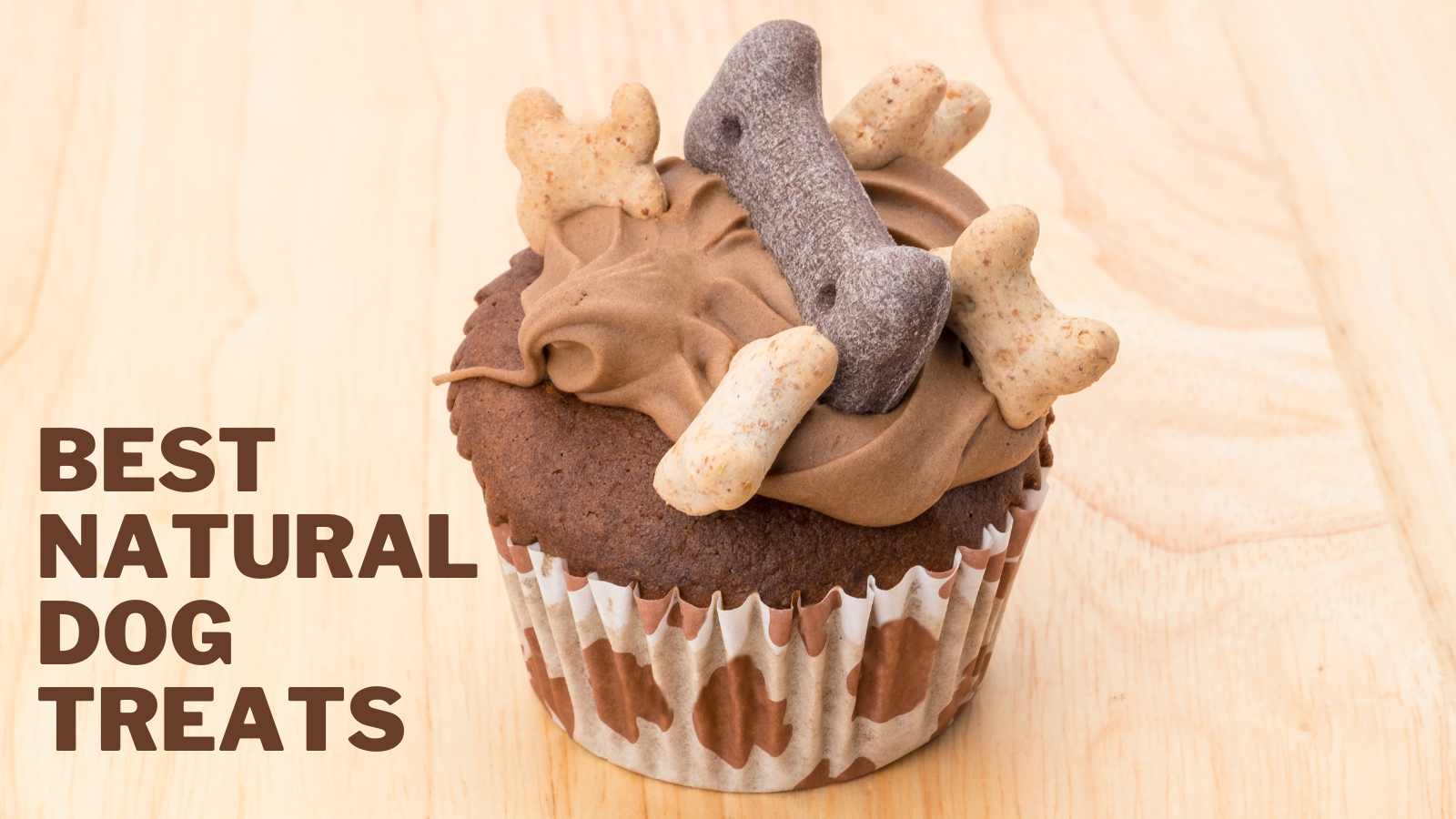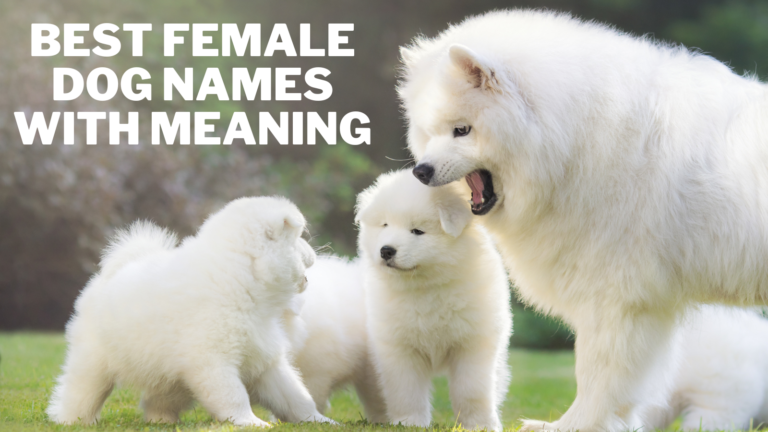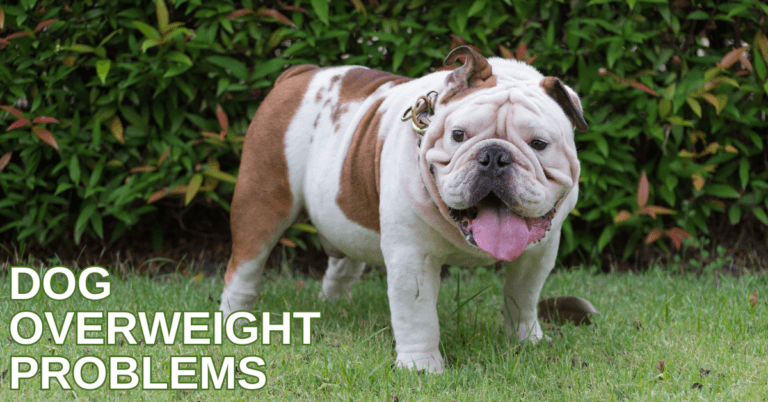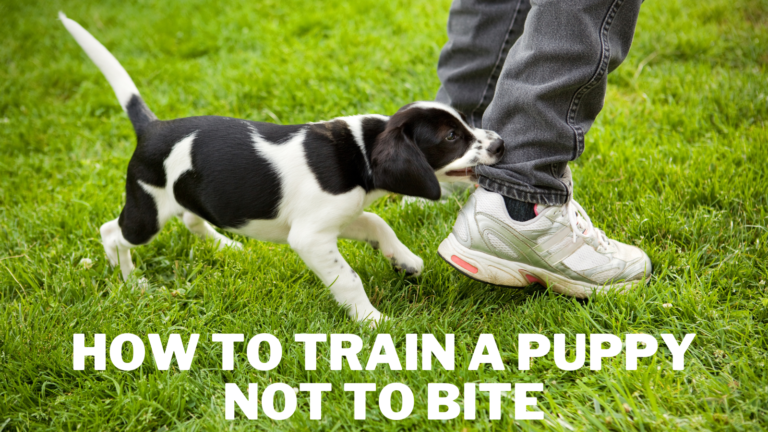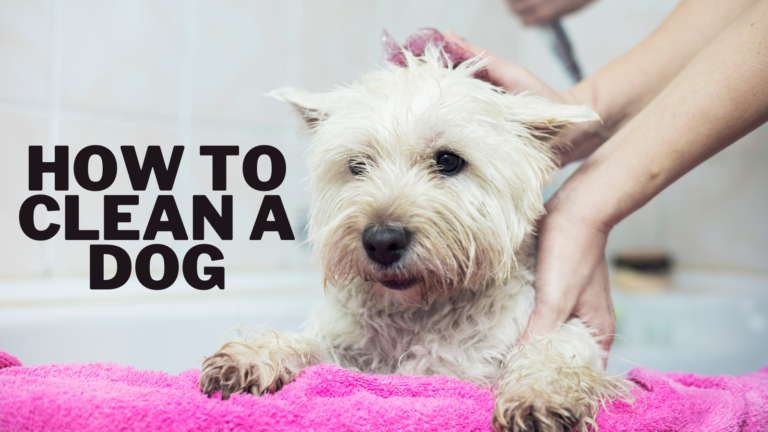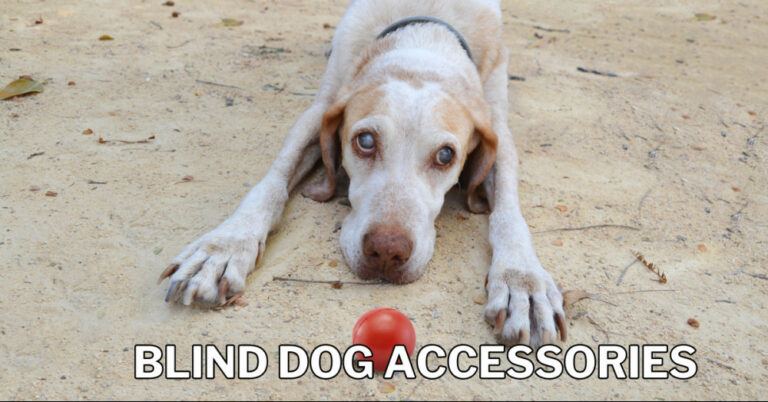Best Natural Dog Treats
Best Natural Dog Treats
As pet owners, we all want to give our furry friends the best possible care, including their treats. While store-bought treats can be convenient, many contain artificial ingredients and unhealthy preservatives for our dogs. That's why natural dog treats are a great alternative.
This post will explore some of the best natural dog treats, including fruits and vegetables, cooked meat or fish, peanut butter, sweet potatoes or pumpkin puree, and cheese or plain yogurt.
We'll also provide tips on choosing the right treats for your dog, portion sizes, and safety concerns to keep in mind. So, let's dive in and find the perfect natural treat for your furry best friend!
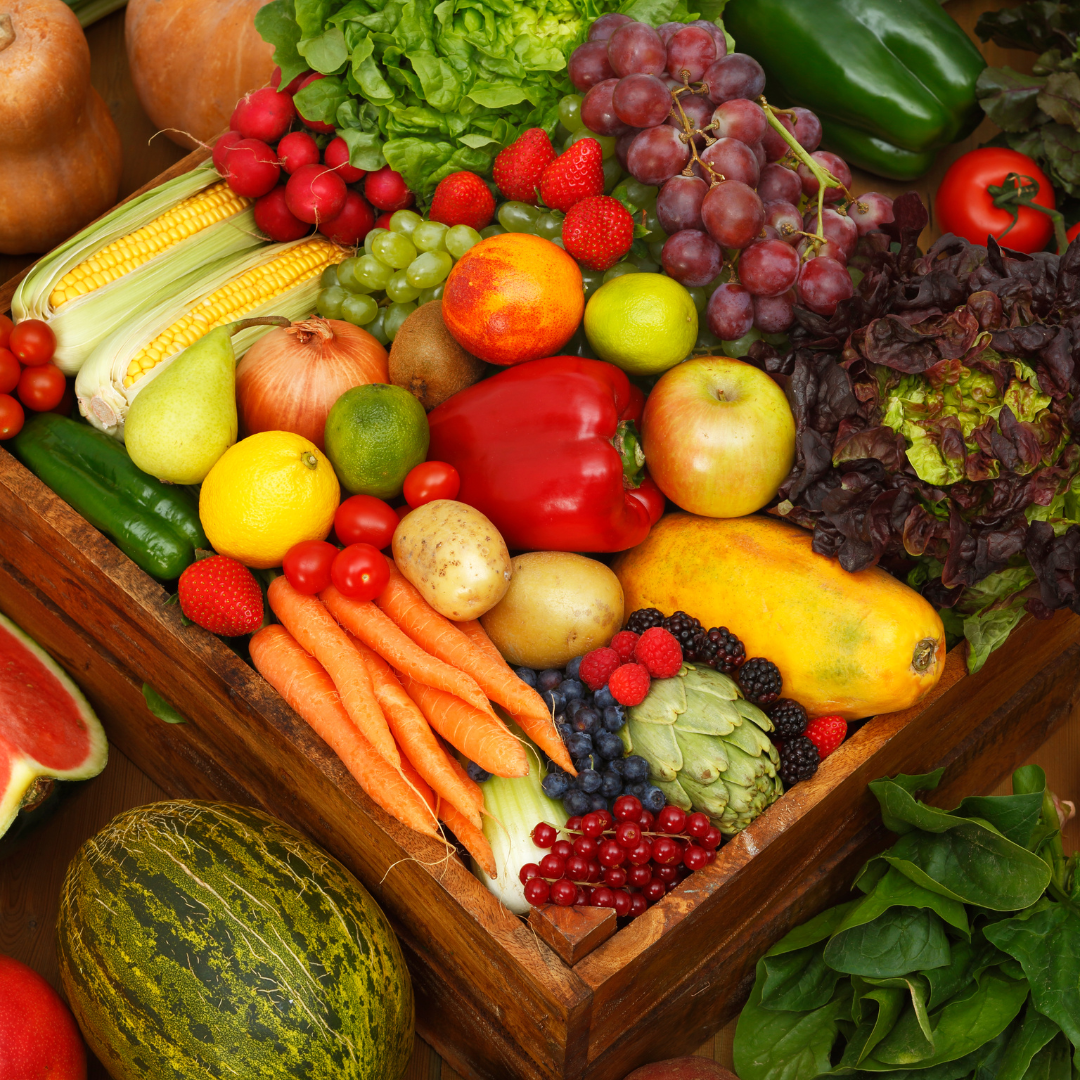
1. Fruits And Vegetables
Fruits and vegetables can make a great alternative to traditional dog treats and are a great way to add variety to your dog's diet. Here are some more details on some of the best options:
Carrots
Carrots are a crunchy and nutritious treat for dogs. They are low in calories, high in fiber and rich in beta-carotene, which is important for eye health. You can give your dog raw or cooked carrots as a snack or break them into smaller pieces for a training treat.
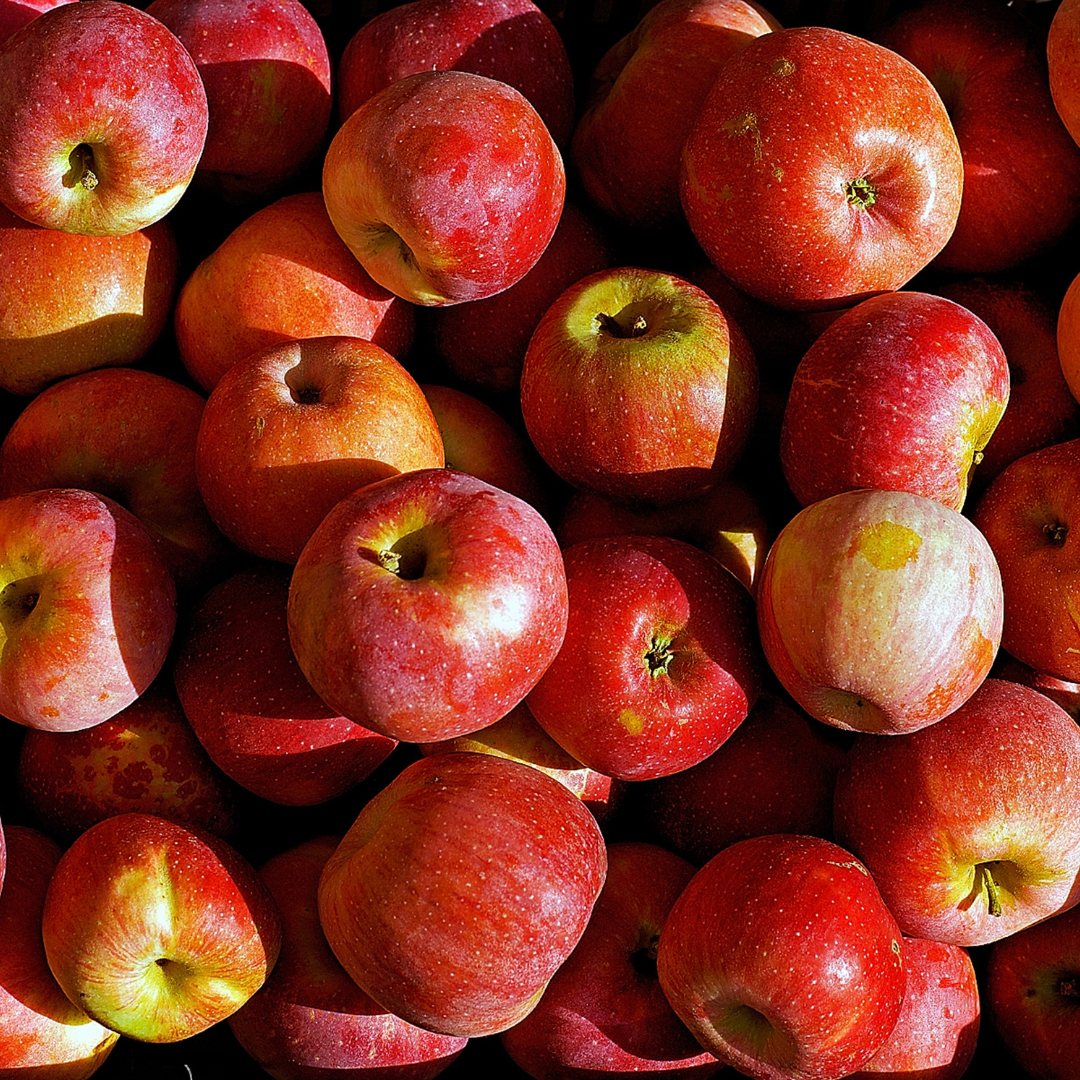
Apples
Apples are a sweet and juicy treat that many dogs love. They are a good source of antioxidants, vitamins C and A, and fibre, and they can help keep your dog's teeth and gums healthy.
Remove the core and seeds before giving them to your dog, as they can be a choking hazard. Sadie, my dog, loves apples. She gets them either before her meal or a few hours afterwards.
Bananas
Bananas are a soft and sweet treat that is easy to digest. They are high in potassium and vitamins B6 and C and can be a great option for dogs with sensitive stomachs. Just cut them into smaller pieces before giving them to your dog, as they can be a choking hazard.
Berries
Fresh berries such as blueberries, raspberries, and strawberries can be healthy and tasty dog treats.
They are a good source of antioxidants, vitamins, and fiber and can help support a healthy immune system.
Remember, it's always best to introduce new foods slowly and in moderation to ensure your dog has no adverse reactions.
Not all fruits and vegetables are safe for dogs, so check with your veterinarian before giving your dog any new treats.
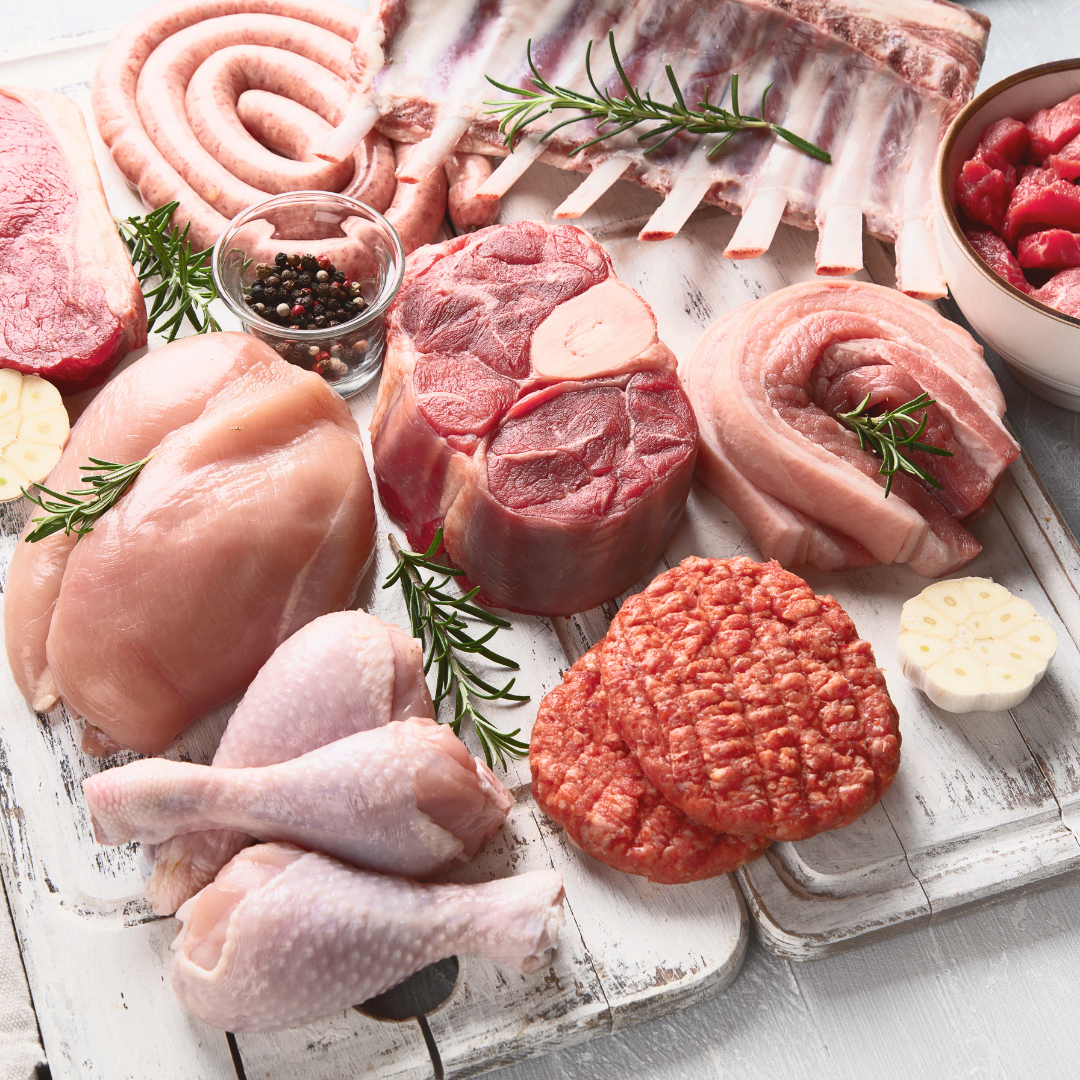
2. Cooked Meat Or Fish
Cooked meat or fish can make a great addition to your dog's diet as a treat or supplement to their regular food. Here are some more details on the benefits of these treats:
Chicken
Chicken is a lean and protein-rich meat that treats dogs well. It is also a good source of vitamins B6 and B12 and minerals like phosphorus and niacin.
Cooked, boneless chicken breast is a good option; you can give it to your dog, either plain or mixed in with their food.
Turkey
Turkey is another lean and protein-rich meat that is a great dog treat. It is also a good source of vitamins B6 and B12 and minerals like phosphorus and selenium.
Cooked, boneless turkey breast is a good option; you can give it to your dog, either plain or mixed in with their food.
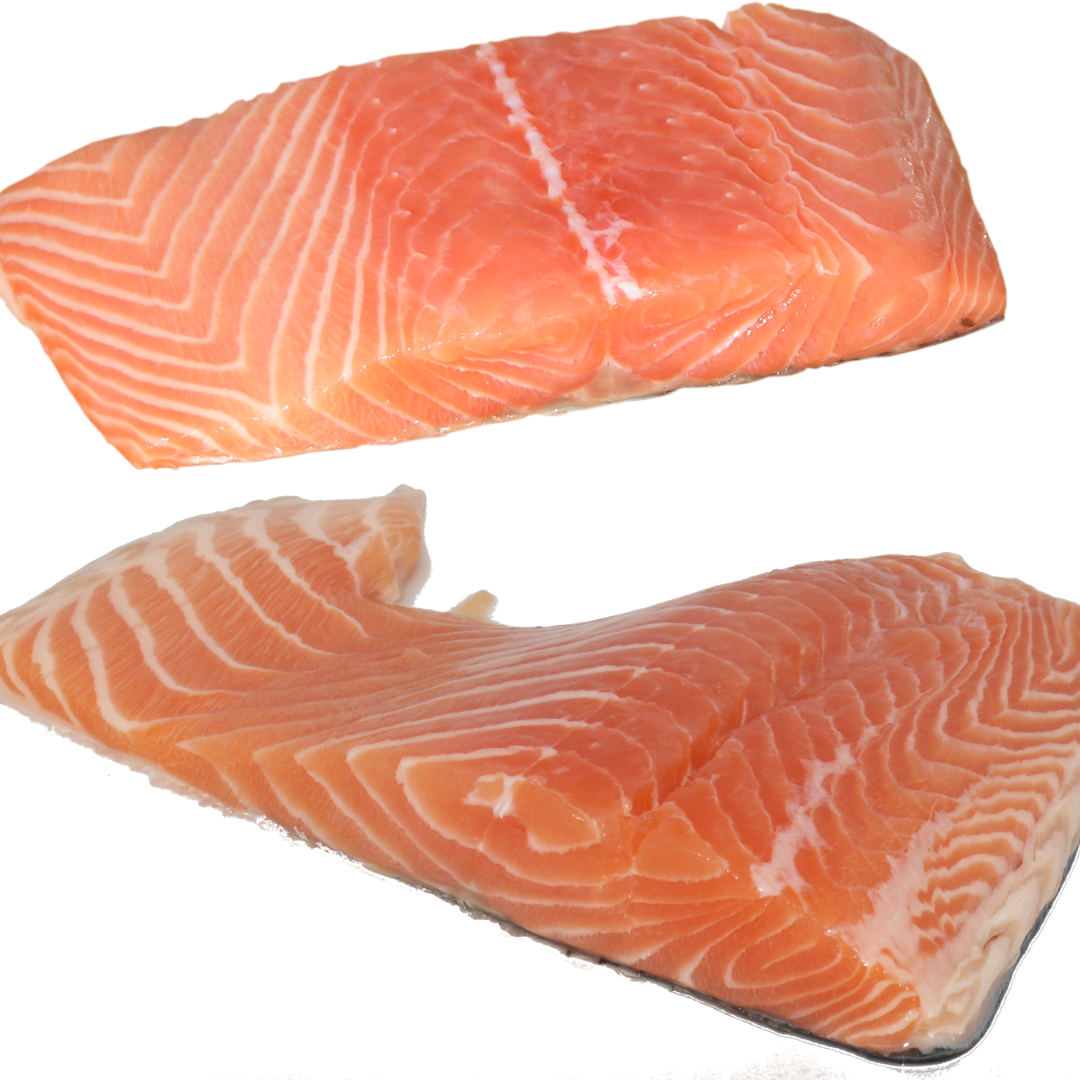
Salmon
Salmon is a fatty fish that is a great source of omega-3 fatty acids, which are important for skin and coat health and joint and heart health.
Cooked salmon is a great treat for dogs; you can give it to them either plain or mixed in with their food. Remove any bones before giving them to your dog, as they can be a choking hazard.
When giving your dog cooked meat or fish, ensure it is fully cooked and has no bones, seasonings or additives that could harm your dog.
Also, never give your dog raw or undercooked meat or fish, as it can be contaminated with harmful bacteria that can make it sick.
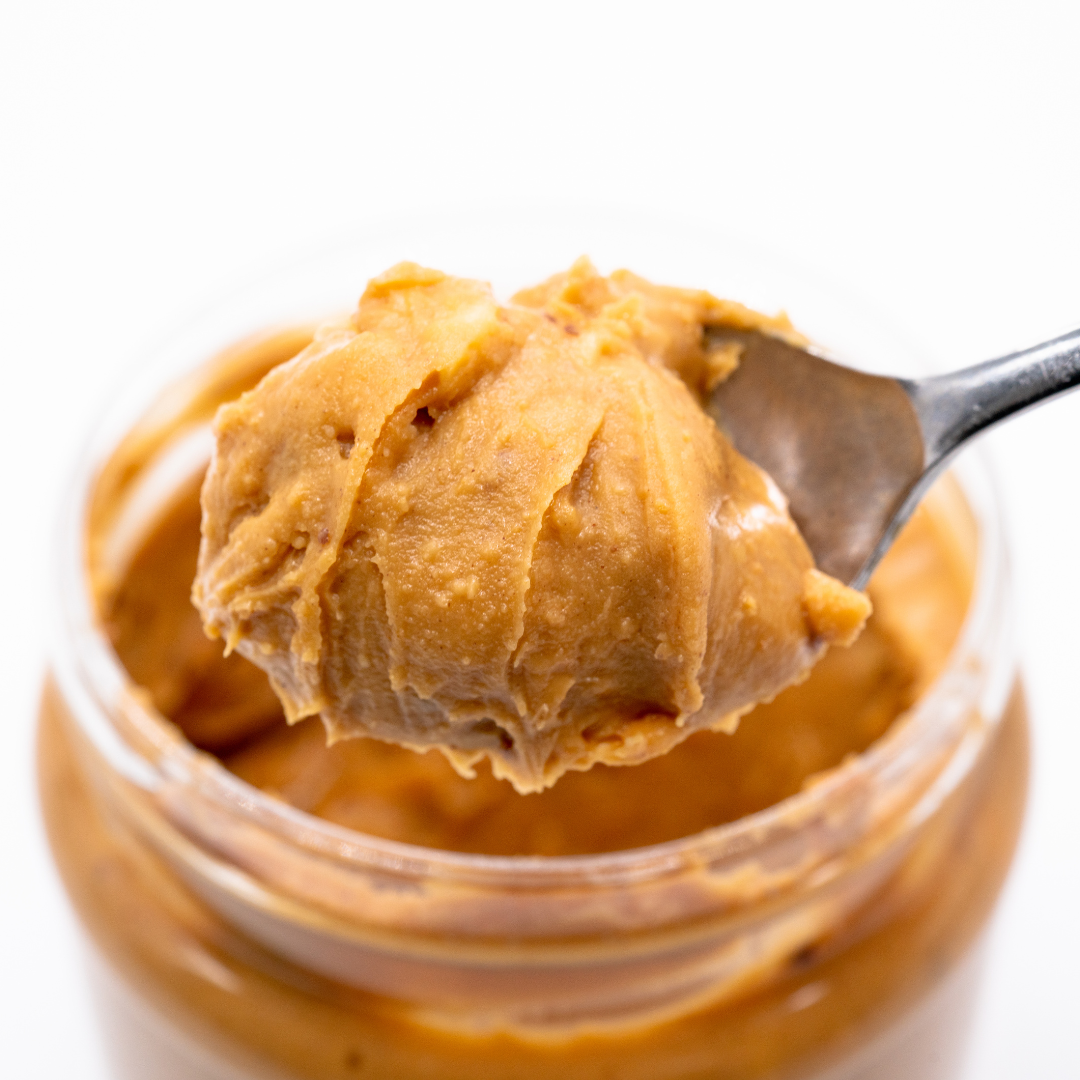
3. Peanut Butter
Peanut butter can be a great dog treat, but it's important to choose the right kind and give it in moderation. Here are some more details on why peanut butter can be a good treat for your dog:
Peanut butter is a good source of protein, healthy fats, and vitamins B3 and E. It can also help to keep your dog's skin and coat healthy and can provide them with a source of long-lasting energy.
Many dogs love the taste of peanut butter, making it a great treat for training or a special treat.
Xylitol is a sugar substitute commonly used in sugar-free gum and other products. However, it can be toxic to dogs and cause rapid insulin release, leading to hypoglycemia (low blood sugar).
Make sure to choose a peanut butter that does not contain xylitol, as it can harm your dog.
Some peanut butter contains added sugar or other sweeteners, which can be unhealthy for dogs and contribute to obesity and other health problems. Choose unsweetened peanut butter containing no added sugar or other sweeteners.
Remember, peanut butter should be given in moderation, as it is high in calories and can contribute to weight gain if given in excess.
Additionally, some dogs may have an allergy or intolerance to peanuts, so watch for any signs of digestive upset or skin irritation after giving your dog peanut butter. If you have any concerns, it's best to check with your veterinarian.
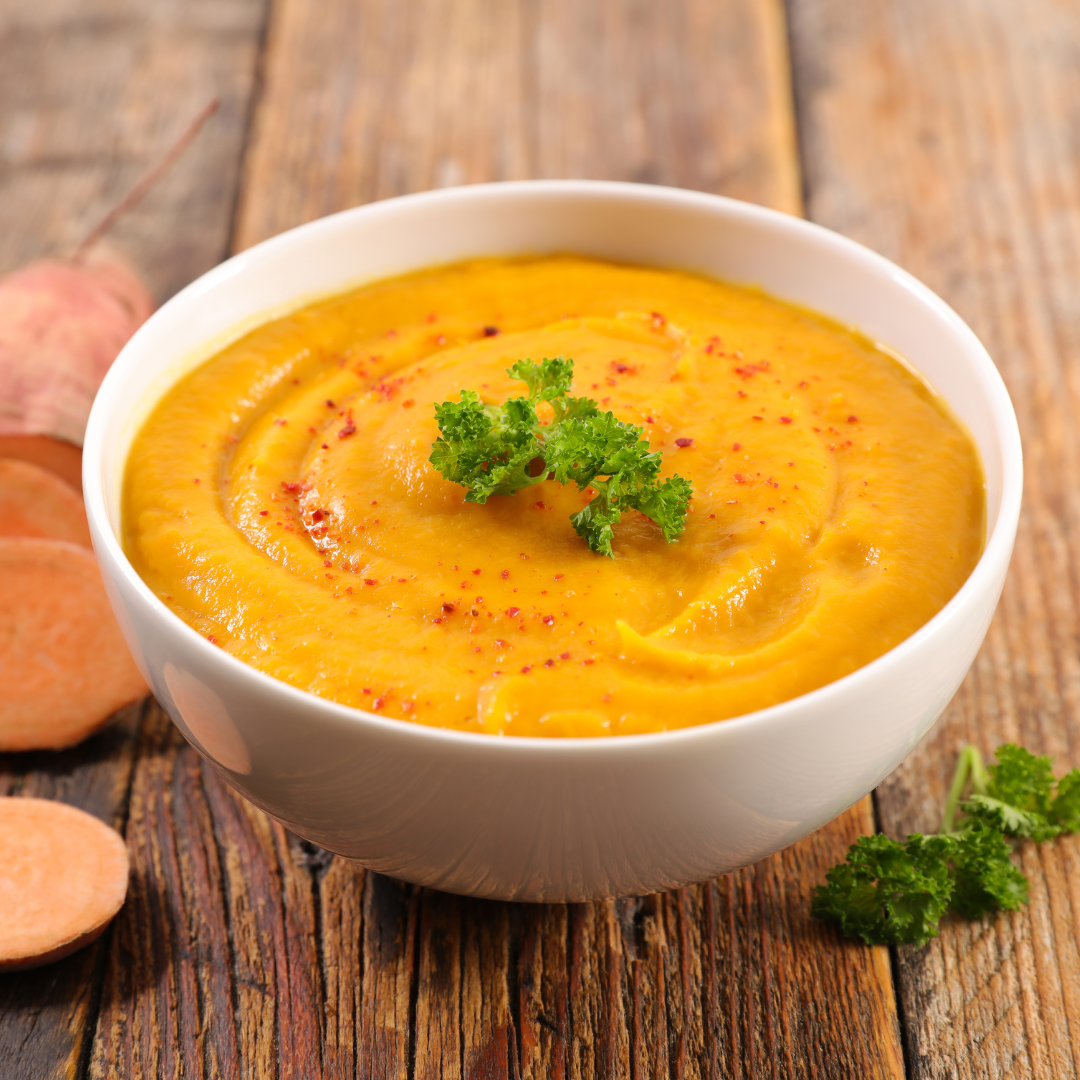
4. Sweet Potato Or Pumpkin Purée
Sweet potatoes and pumpkin purée are rich in fibre, which can help support digestive health and keep your dog regular.
Fibre can also help to promote feelings of fullness and satiety, which can help maintain a healthy weight.
Both sweet potatoes and pumpkin puree are high in vitamins A and C and potassium. These vitamins and minerals are essential for maintaining a healthy immune system, good vision, and strong bones.
Pumpkin puree is also a natural remedy for digestive problems in dogs. It can help relieve constipation and prevent diarrhea, making it a great treat for dogs with sensitive stomachs.
Sweet potatoes and pumpkin puree can be given to dogs as a treat or mixed into their regular food for added nutrition. They can also be frozen for a refreshing summer treat.
It's important to note that sweet potatoes and pumpkin puree should be given in moderation, as they are high in natural sugars.
Also, choose puree that does not contain added sugar or spices, as these can harm dogs. You should check with your veterinarian or make your own if you have any concerns. This way, you know what ingredient you used.
5. Cheese Or Yogurt
Cheese and yogurt are both good sources of calcium and protein, essential for maintaining strong bones and supporting muscle health in dogs.
Yogurt also contains probiotics, which can support digestive health by promoting healthy gut bacteria growth.
Not all dogs can tolerate dairy products, as some may be lactose intolerant. Symptoms of lactose intolerance in dogs include gas, bloating, diarrhea, and vomiting.
If your dog has trouble digesting dairy products, avoiding giving them cheese or yogurt is best.
Choose a low-fat option when giving your dog cheese or yogurt, as high-fat options can contribute to weight gain and other health problems.
Avoid giving your dog cheese high in salt or flavourings, as these can harm dogs. Look for plain, unsalted options or plain, unsweetened yogurt instead.
It's always best to consult your veterinarian before introducing new treats into your dog's diet to ensure they suit your dog's specific dietary needs and health conditions.
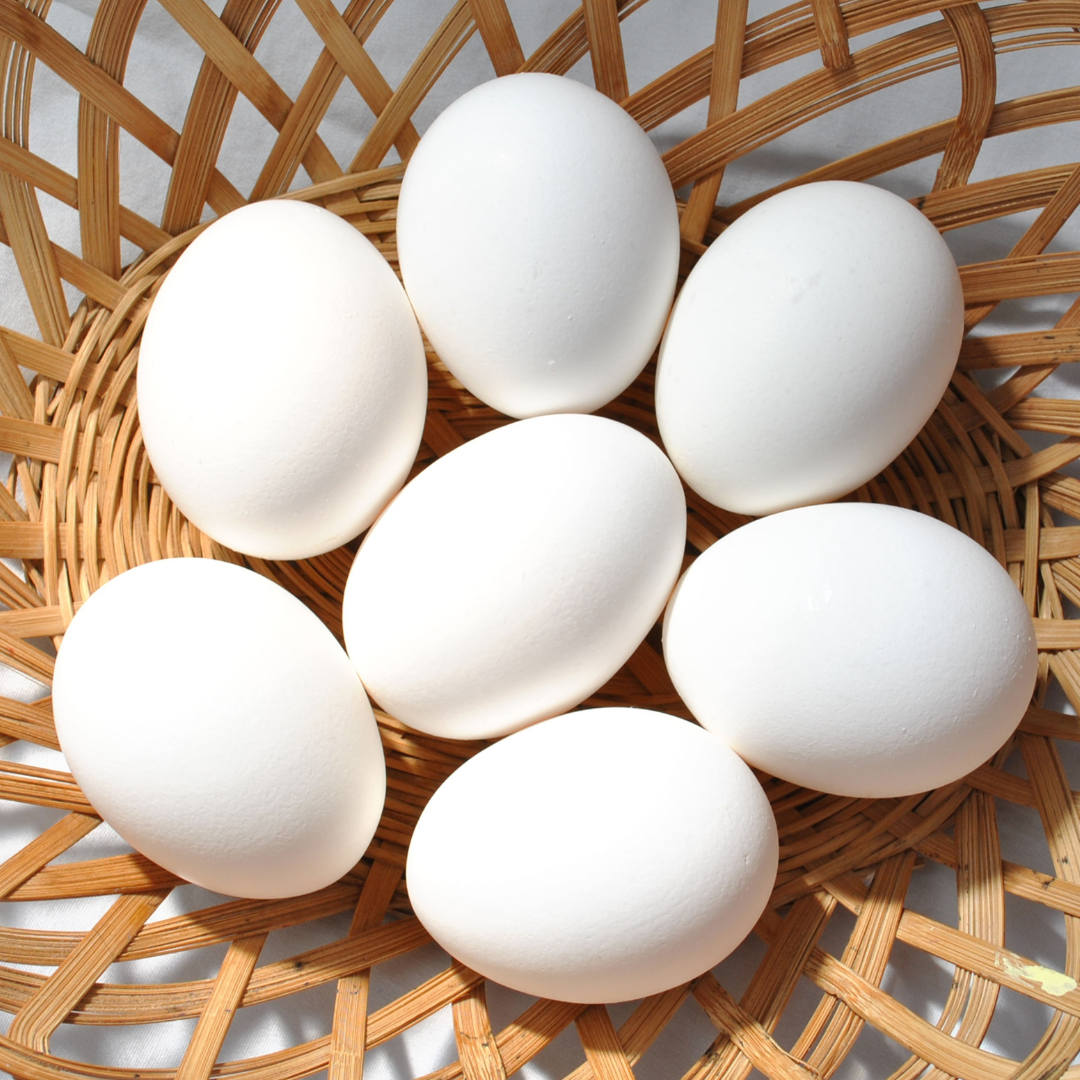
6. Eggs
Eggs are a great option for giving our furry friends healthy and nutritious treats. Rich in protein, vitamins, and minerals, eggs can support a healthy immune system, making them an excellent choice for pet owners who want to treat their dogs healthily.
Whether boiled or scrambled, eggs are an easy-to-digest treat that dogs love, making them a versatile addition to your pet's diet.
So, why are eggs such a nutritious treat for dogs? Here's a closer look at the benefits of feeding eggs to your furry friend:
A Good Source Of Protein
Eggs are a high-quality protein source, essential for building and repairing tissues in the body. This is particularly important for dogs who are highly active or growing.
Rich In Vitamins And Minerals
Eggs are packed with vitamins and minerals such as vitamin D, vitamin B12, iron, and selenium, essential for good health in dogs.
Easy to Digest
Eggs are a great option for dogs that may have trouble digesting other types of treats, as they are easily digestible and gentle on the digestive system.
Versatile
Boiled, scrambled, or made into an omelet, eggs offer a variety of ways to treat your pet, making them a versatile addition to your pet's diet.
Safe
When feeding eggs to your dog, it's important to ensure they are fully cooked, as raw eggs can contain harmful bacteria that can cause food poisoning.
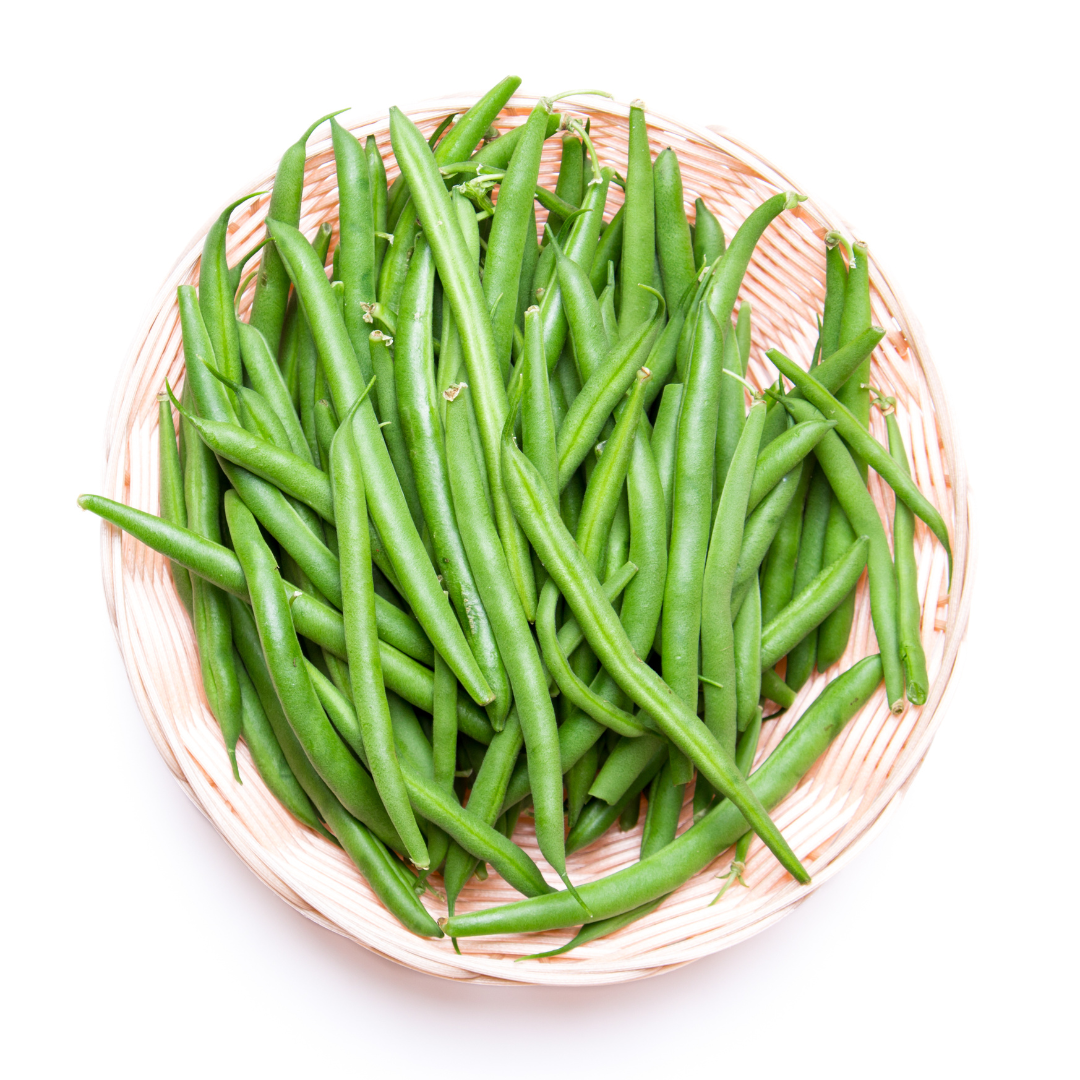
7. Green Beans
Green beans are a versatile and nutritious treat option many dogs love. Cooked green beans are a low-calorie option that can help dogs maintain a healthy weight and provide them with essential vitamins and minerals.
Low in Calories
Green beans are an excellent treatment option for dogs trying to maintain a healthy weight, as they are low in calories but still packed with essential nutrients.
Good Source of Fibre
Fibre is essential for maintaining digestive health in dogs; green beans are a good source of this important nutrient.
Rich In Vitamins And Minerals
Green beans are a good source of vitamins A and C and minerals such as iron, calcium, and potassium. These essential nutrients support a healthy immune system and overall well-being.
Versatile
Green beans can be fed to dogs raw or cooked, making them a versatile treatment option. They can also be mashed or blended into a puree for dogs with trouble chewing.
Safe
Green beans are a safe treatment option for dogs, but it's important to remember that they should be given in moderation and that dogs should always have access to fresh water when eating them.
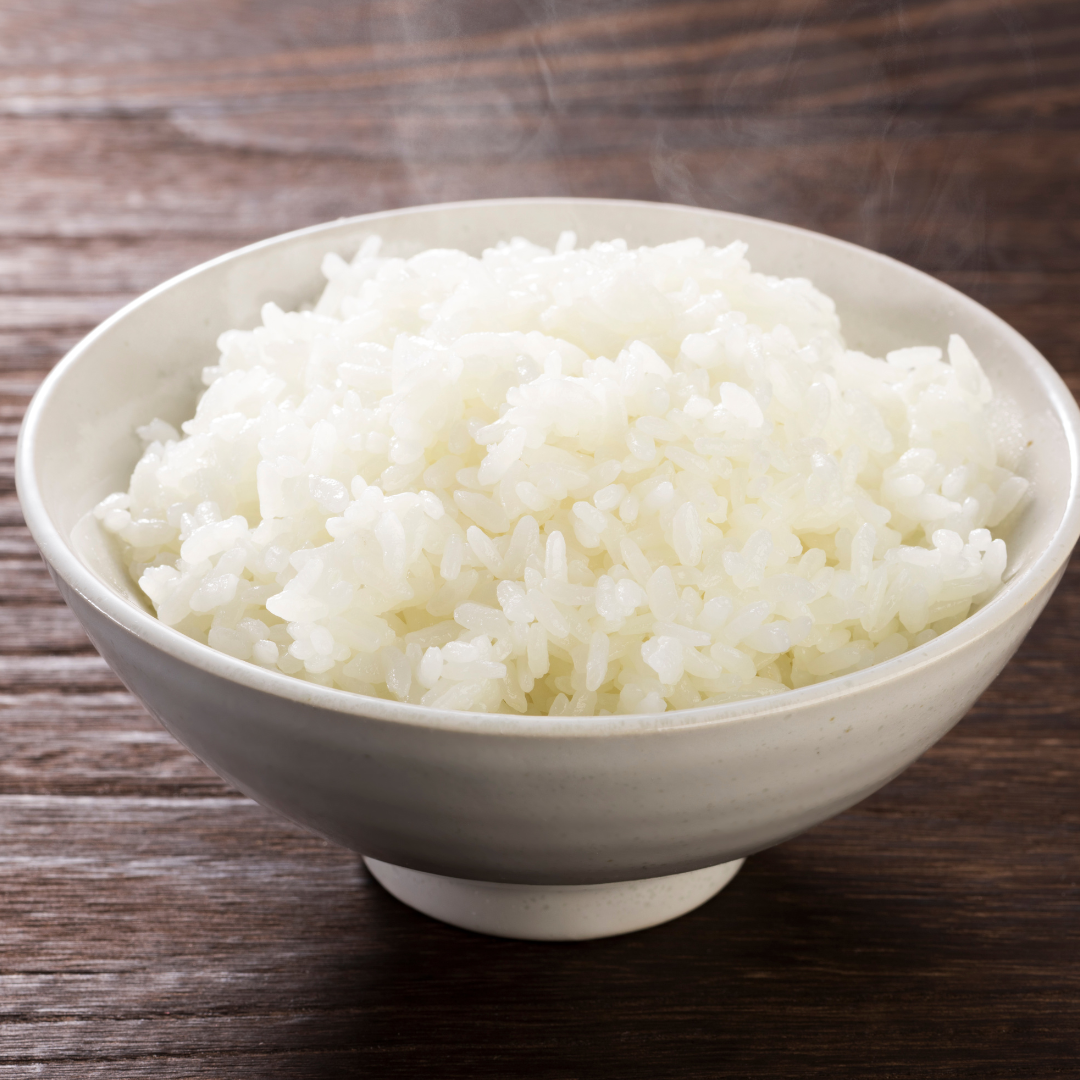
8. Rice Or Oatmeal
Rice and oatmeal are staple foods that are both healthy and filling, making them a great option for dogs that need extra sustenance.
These grain-based options can provide dogs with energy and essential vitamins and minerals, and they are easy to digest, which makes them a great option for dogs with sensitive stomachs.
Easy To Digest
Rice and oatmeal are both easy to digest, making them a great option for dogs that have trouble with more complex proteins or fats.
Provides Energy
Rice and oatmeal are both high in carbohydrates, providing dogs with energy and helping them maintain a healthy weight.
Good Source Of Fiber
Rice and oatmeal are both good sources of fiber, which is important for maintaining digestive health in dogs.
Versatile
Rice and oatmeal can be cooked in various ways, including boiling or steaming, making them a versatile treatment option. They can also be combined with other natural ingredients, such as meat or vegetables, to create a well-rounded treat.
Safe
Rice and oatmeal are generally safe for dogs to eat, but it's important to ensure that they are given in moderation and to avoid adding any seasonings or spices that may harm dogs.

9. Popcorn
Popcorn is a great alternative to traditional dog treats, often high in calories and lacking in nutrients.
Made from whole-grain corn, air-popped popcorn is a good source of carbohydrates and fibre. Carbohydrates provide energy, while fiber promotes digestive health and can help prevent constipation.
In addition, popcorn is low in fat and calories, making it a great option for dogs trying to maintain a healthy weight.
Add a small amount of unseasoned, cooked chicken or turkey to make popcorn a more nutritious treat for an added protein boost.
Incorporating air-popped popcorn into your dog's diet can be a fun and health-conscious way to treat your furry friend.
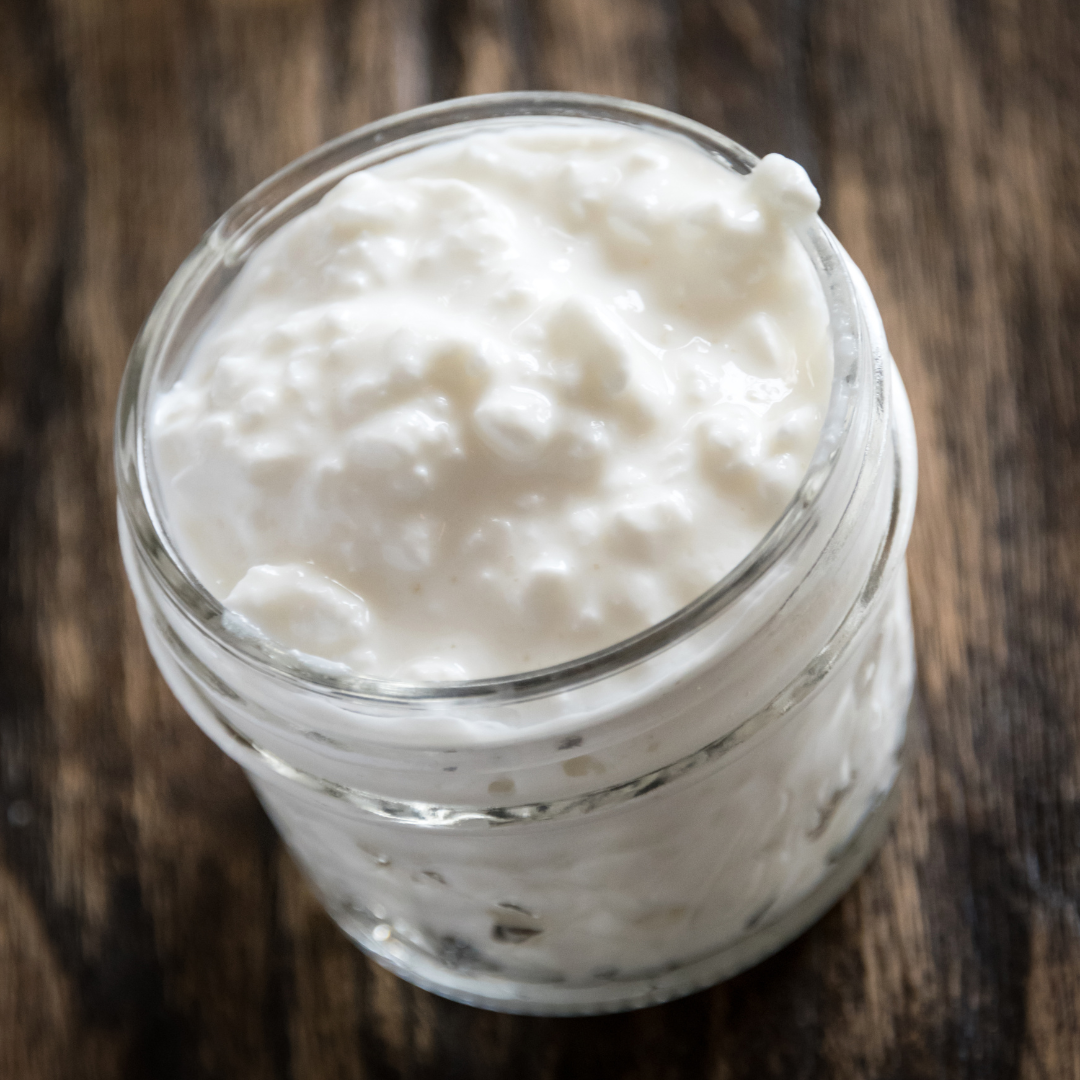
10. Cottage Cheese
Cottage cheese is made from the curds of cow's milk. It is a good source of protein, calcium, and vitamins such as B and phosphorus. It can be a great supplement to your dog's diet, particularly for dogs who need extra protein.
However, some dogs may be lactose intolerant, which means they have difficulty digesting lactose, a sugar in dairy products. Signs of lactose intolerance in dogs include diarrhea, gas, and bloating.
Starting with small amounts of cottage cheese and monitoring your dog's tolerance is important in these cases.
If you notice any negative reactions, you should discontinue feeding your dog cottage cheese and speak with your veterinarian.
Additionally, it's important to choose low-fat, unsweetened cottage cheese as high-fat diets and added sugars can lead to weight gain and other health problems in dogs.
As with all human foods, it's important to feed cottage cheese in moderation and as part of a balanced diet.
It's also important to check with your veterinarian before changing your dog's diet, including giving them new foods.
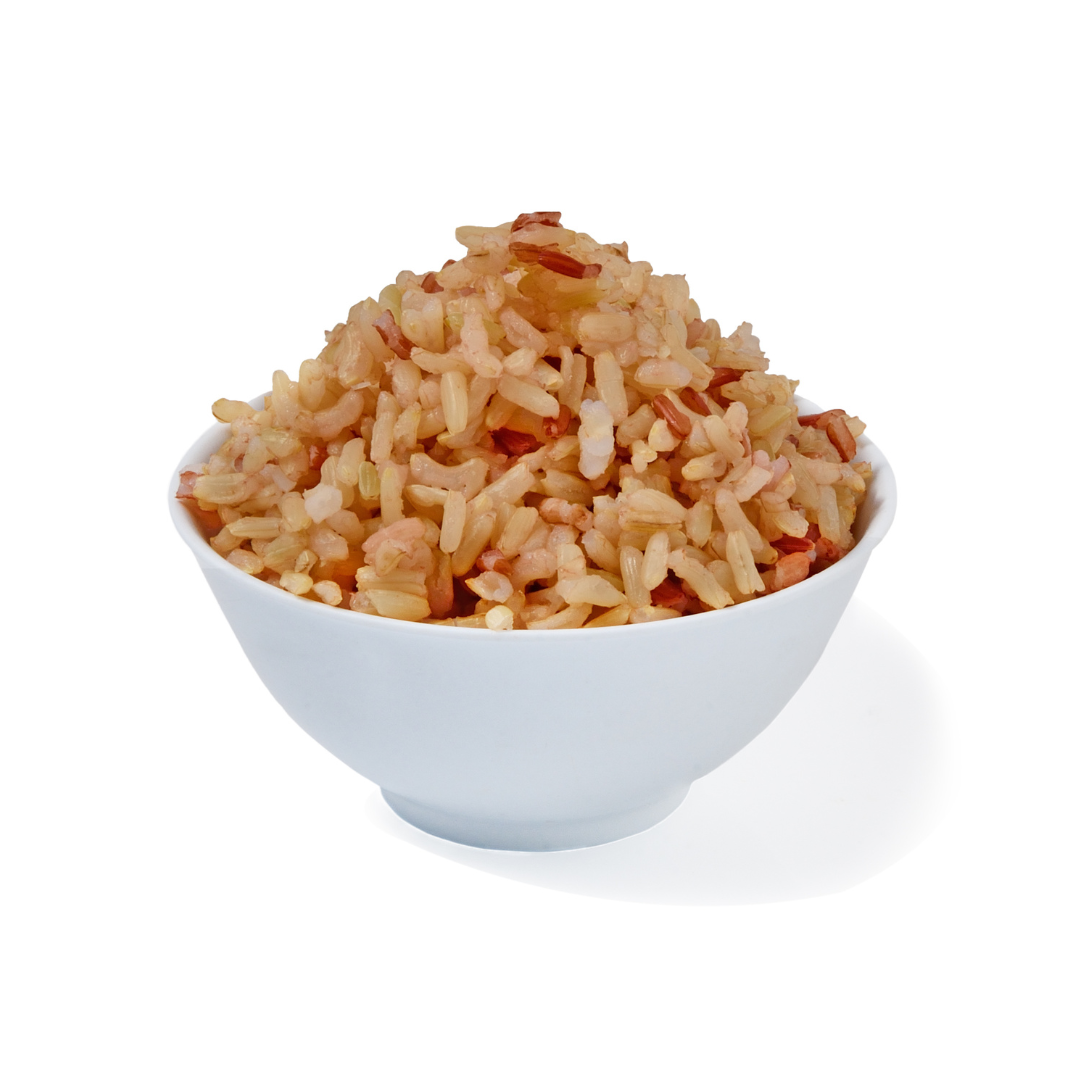
11. Brown Rice
Brown rice is a whole grain that is a good source of complex carbohydrates, fiber, and essential vitamins and minerals such as vitamin B, phosphorus, and magnesium.
It is an excellent alternative to processed, refined carbohydrates found in many commercial dog foods, as it provides sustained energy for your dog.
Brown rice can also be easily digestible for dogs with sensitive stomachs and can be a dietary supplement for dogs with digestive issues or food sensitivities.
This is because brown rice is less likely to cause an upset stomach and is easier for dogs to digest than other grains such as wheat or corn.
It is important to note that while brown rice can be a beneficial addition to a balanced diet, it should not be the only food source for dogs.
It's also important to talk to your veterinarian before making any changes to your dog's diet, including introducing brown rice, to ensure it's the right choice for your dog's specific health needs and dietary restrictions.
When serving brown rice to your dog, it's important to cook it properly, without adding salt, spices, or seasonings, as these can harm dogs.
It can be served independently or mixed in with their regular food. Additionally, it's important to monitor the portion sizes to ensure your dog does not consume too much, which can lead to weight gain.
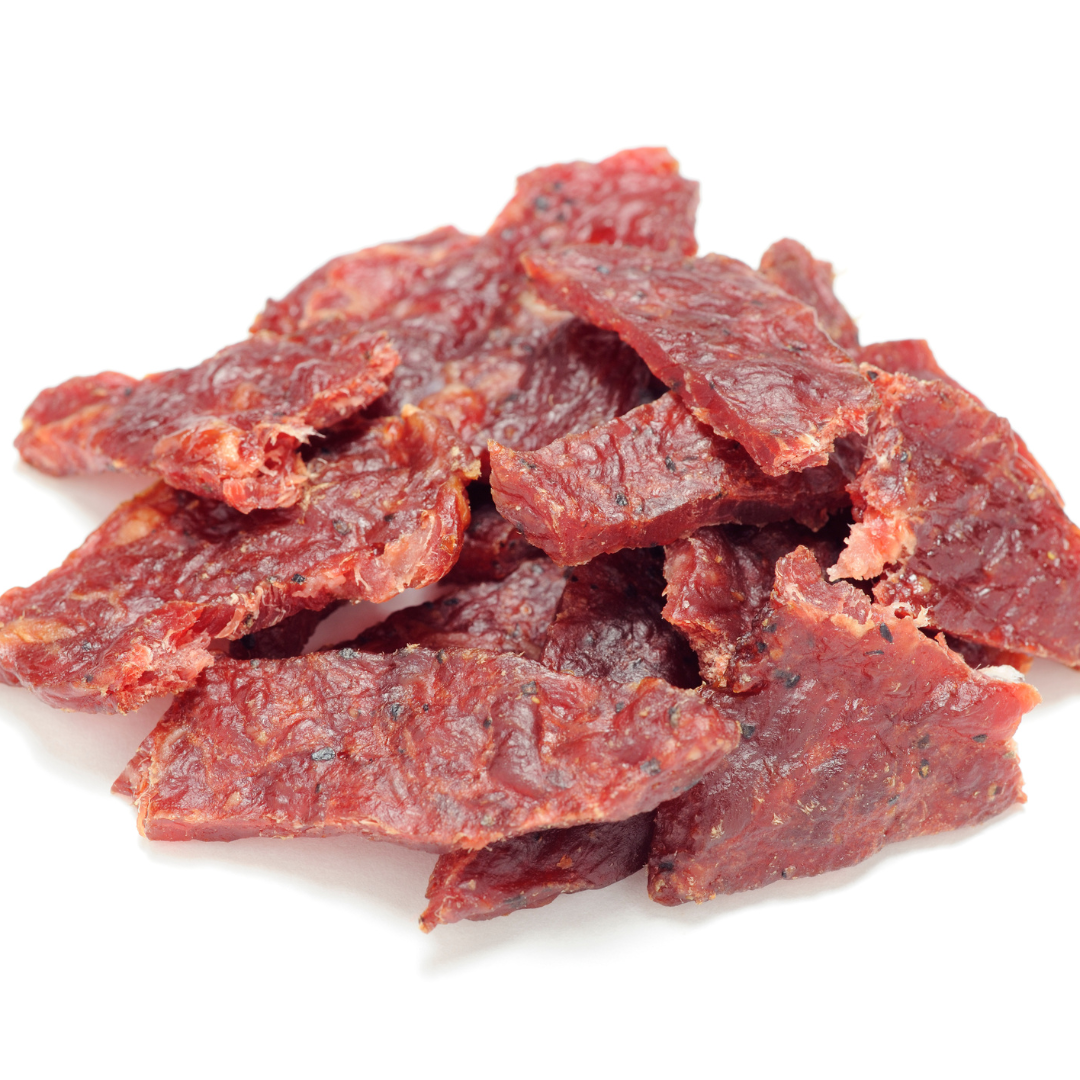
Conclusion
Natural dog treats are a great option for pet owners who want to provide their furry friends with a healthy and tasty snack.
With so many options available, finding the perfect treat for your dog's needs and preferences is easy.
Whether you prefer single-ingredient treats like freeze-dried liver or more complex options with a blend of healthy ingredients, the most important thing is to look for high-quality, all-natural options.
Always check with your veterinarian before changing your dog's diet, including giving them new treats.
By choosing natural dog treats, you can rest assured that you are providing your beloved pet with the best possible snack while supporting their overall health and well-being.
I trust you enjoyed this article on the Best Natural Dog Treats. Please stay tuned for more blog posts to come shortly. Take care!
JeannetteZ
>>>Please click here to read my article on A Full Overview Of Dogs And Their Activity<<<
>>>Brain Training For Dogs Review<<<
My #1 Dog Training Recommendation
Your Opinion Is Important To Me
Thoughts? Ideas? Questions? I would love to hear from you. Please leave me your questions, experience, and remarks about this article about the Best Natural Dog Treats in the comments section below. You can also reach me by email at Jeannette@Close-To-Nature.org.
Disclosure
This post may contain affiliate links. As an Amazon Associate and other affiliate programs, I earn from qualifying purchases at no extra cost to you. Please read my full affiliate disclosure.
You might also enjoy these blog posts:
What Is The Difference Between Stress And Depression
Best Steps To Grow Verbena In Containers
Best Steps To Grow Cacao Plants In Containers
Best Steps To Grow Dandelions In Containers
Best Steps To Grow Chrysanthemums In Containers

